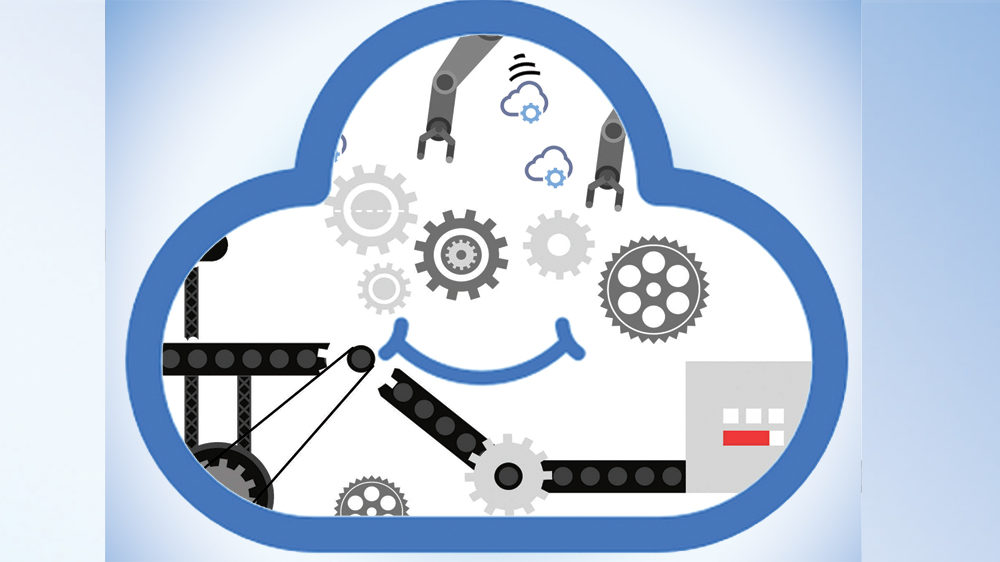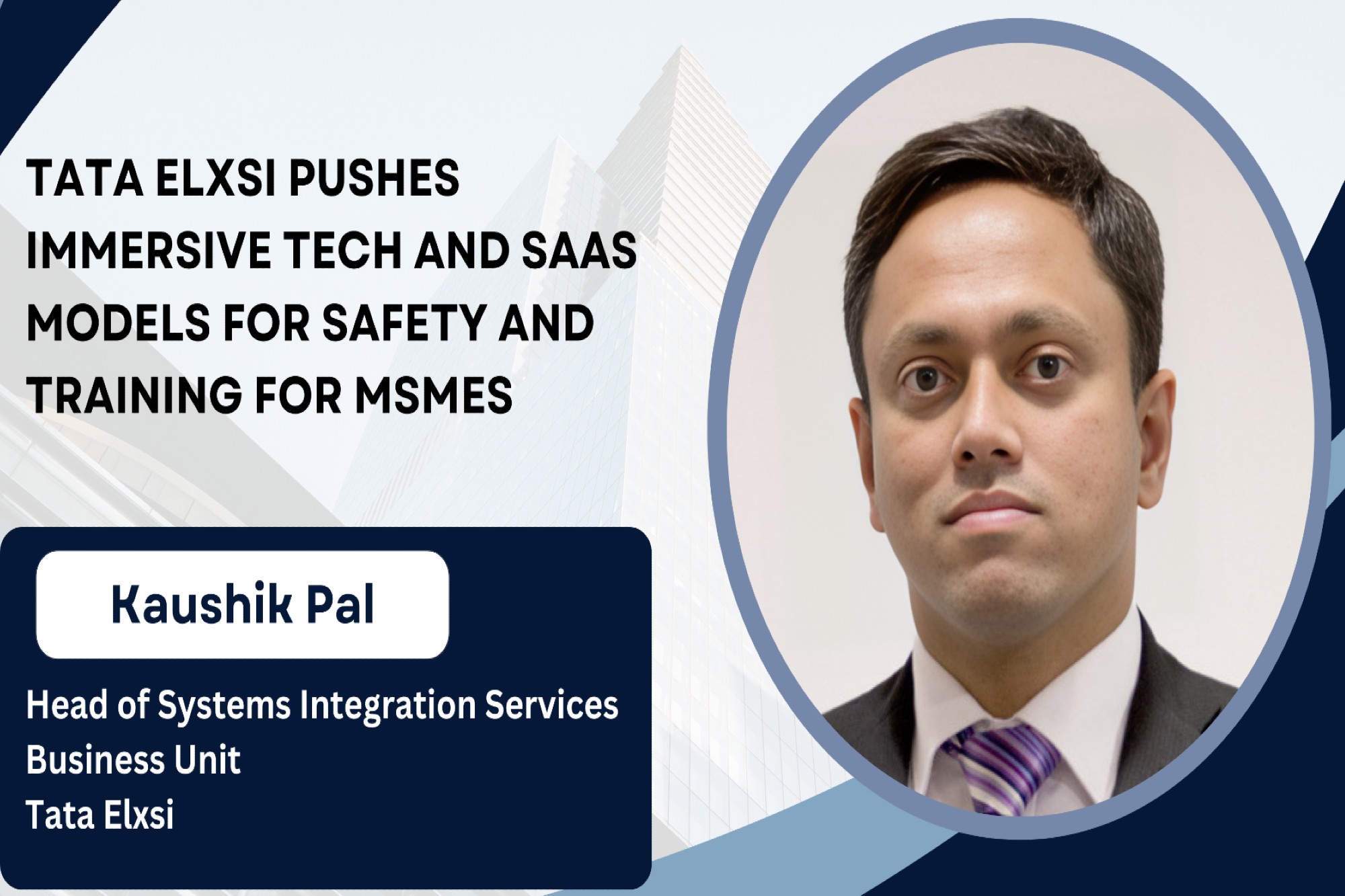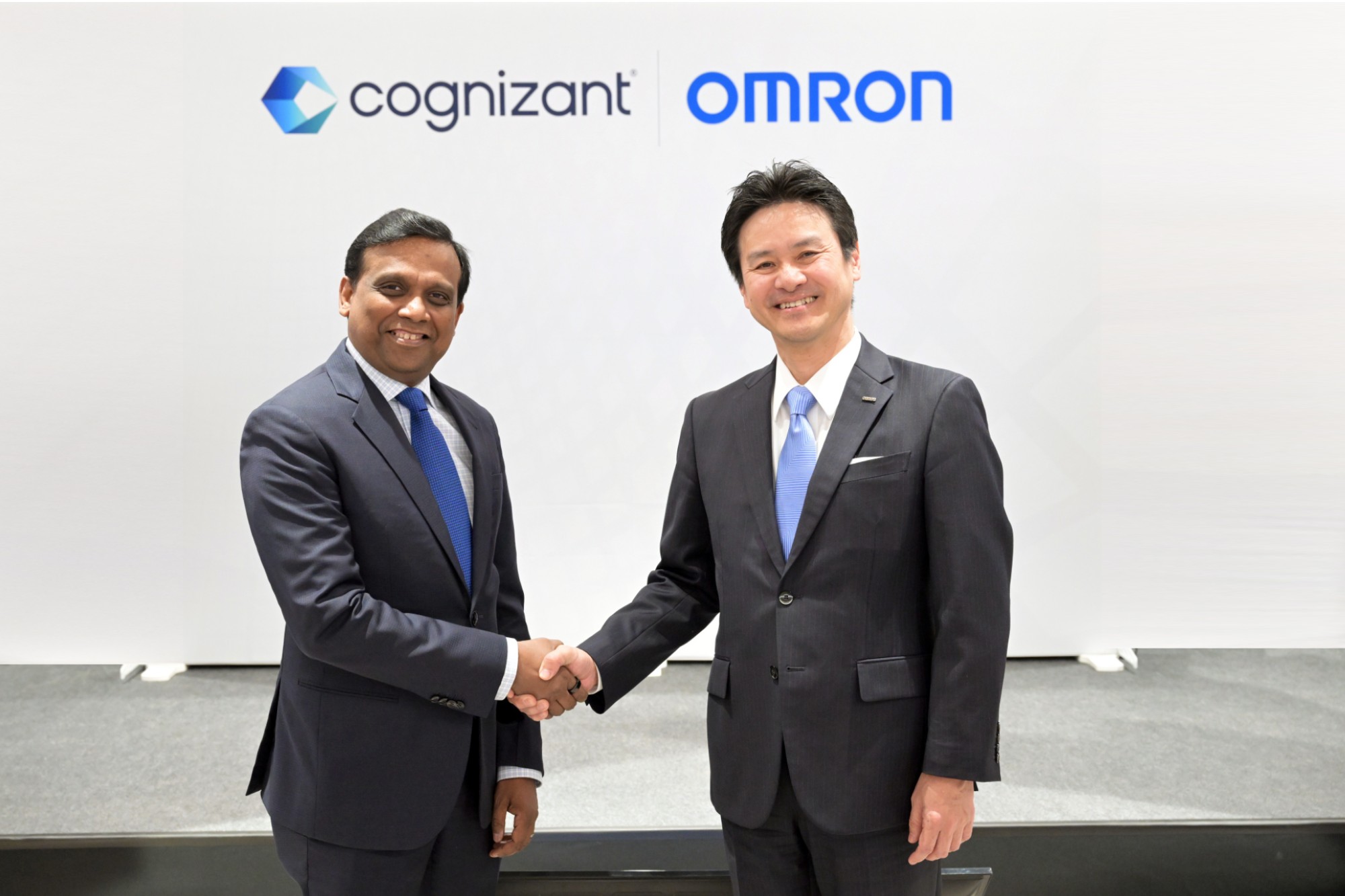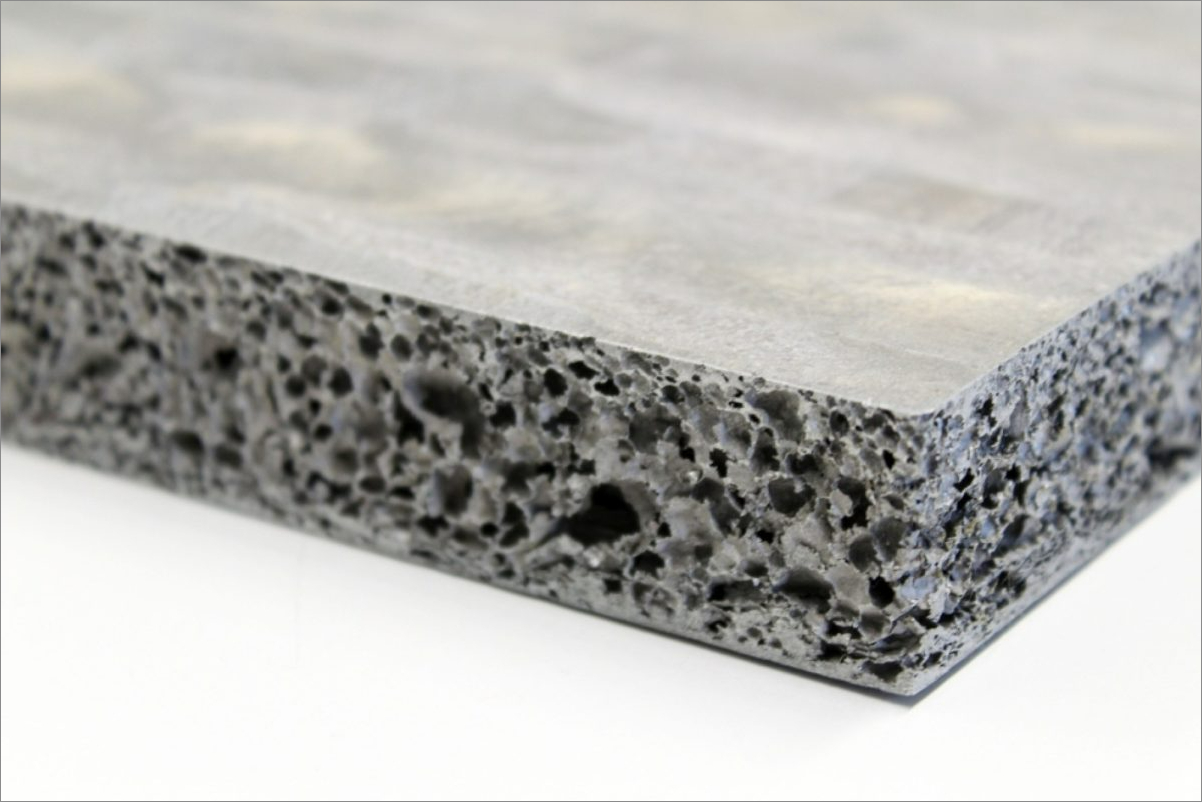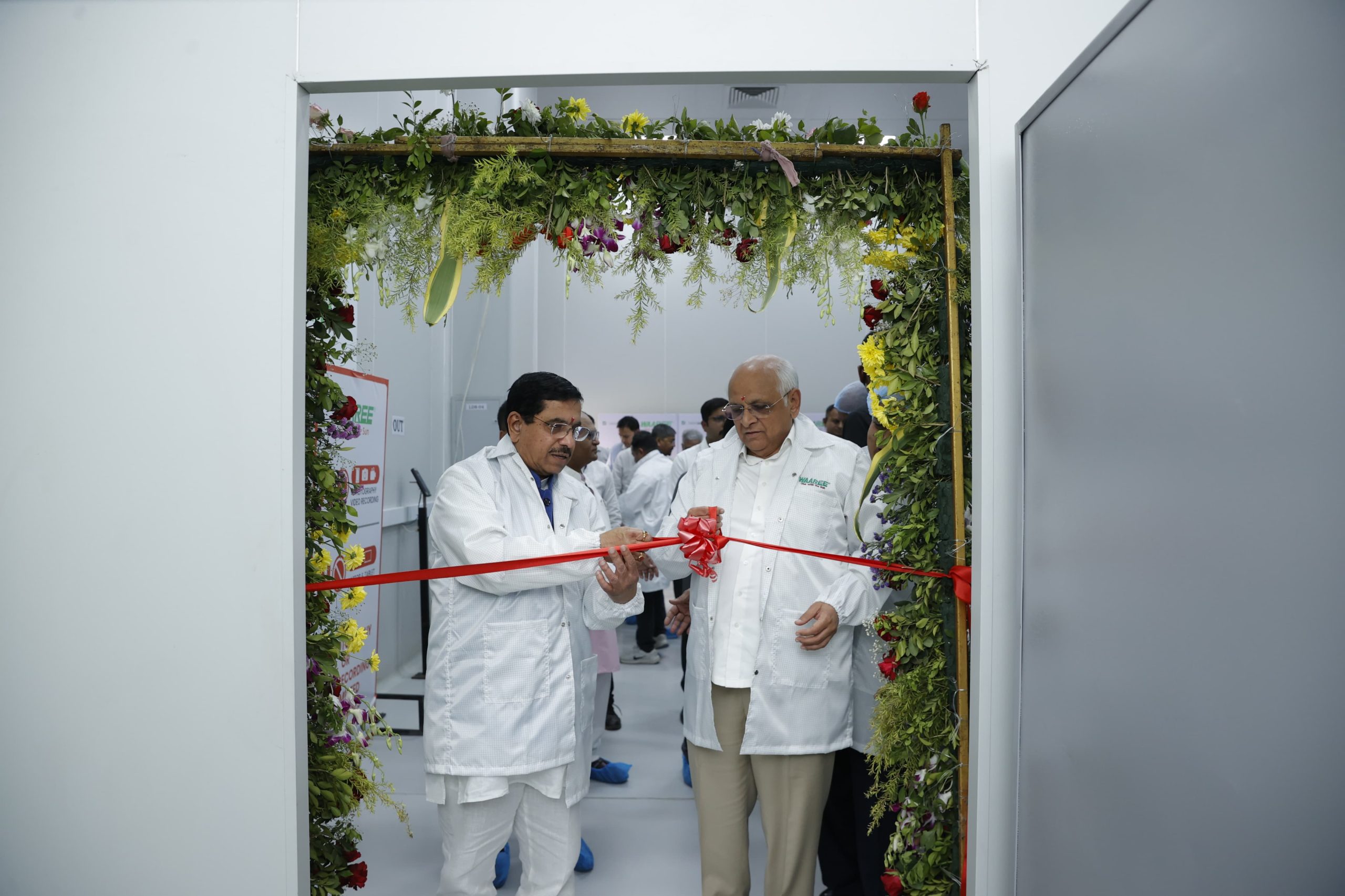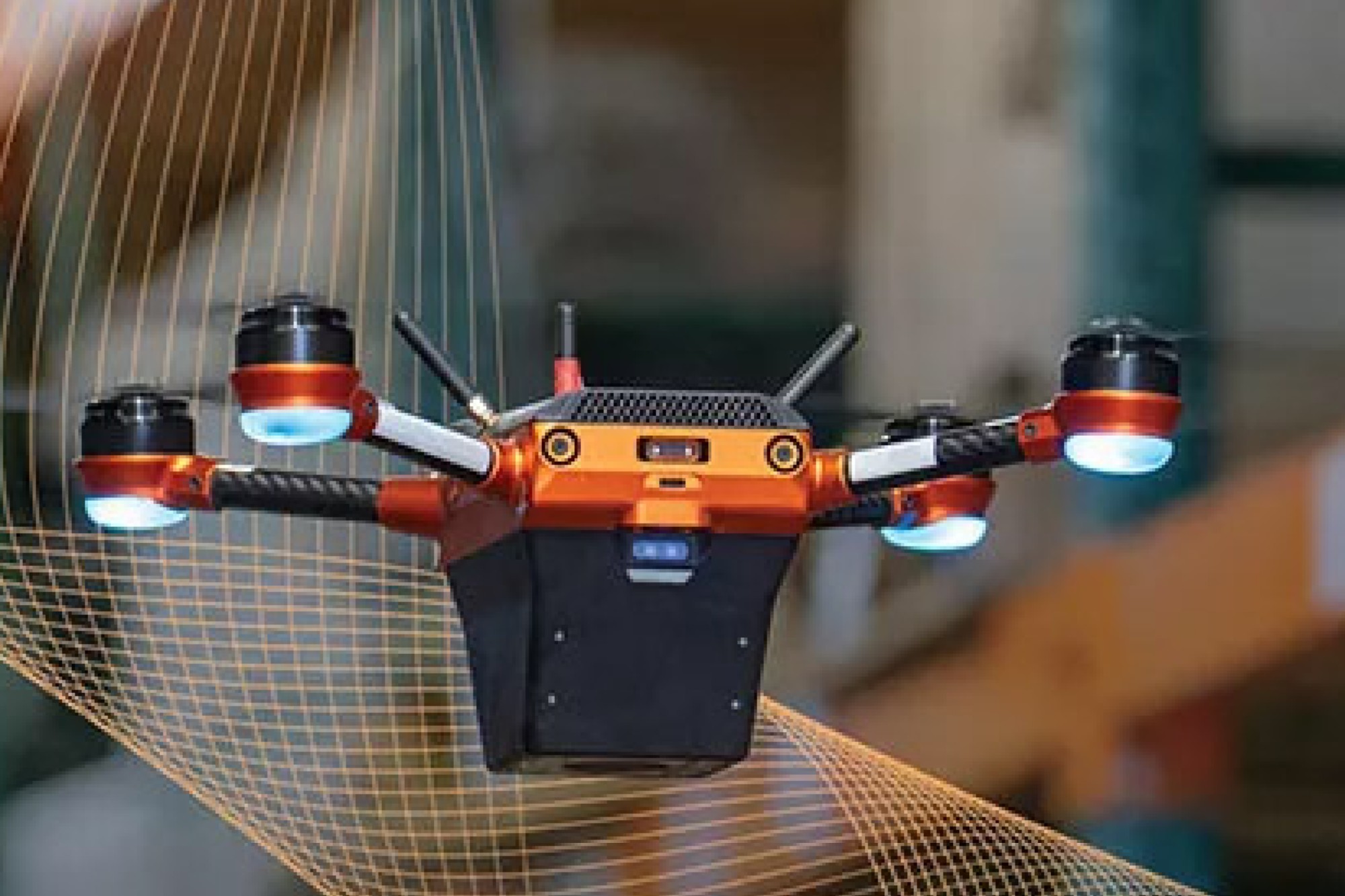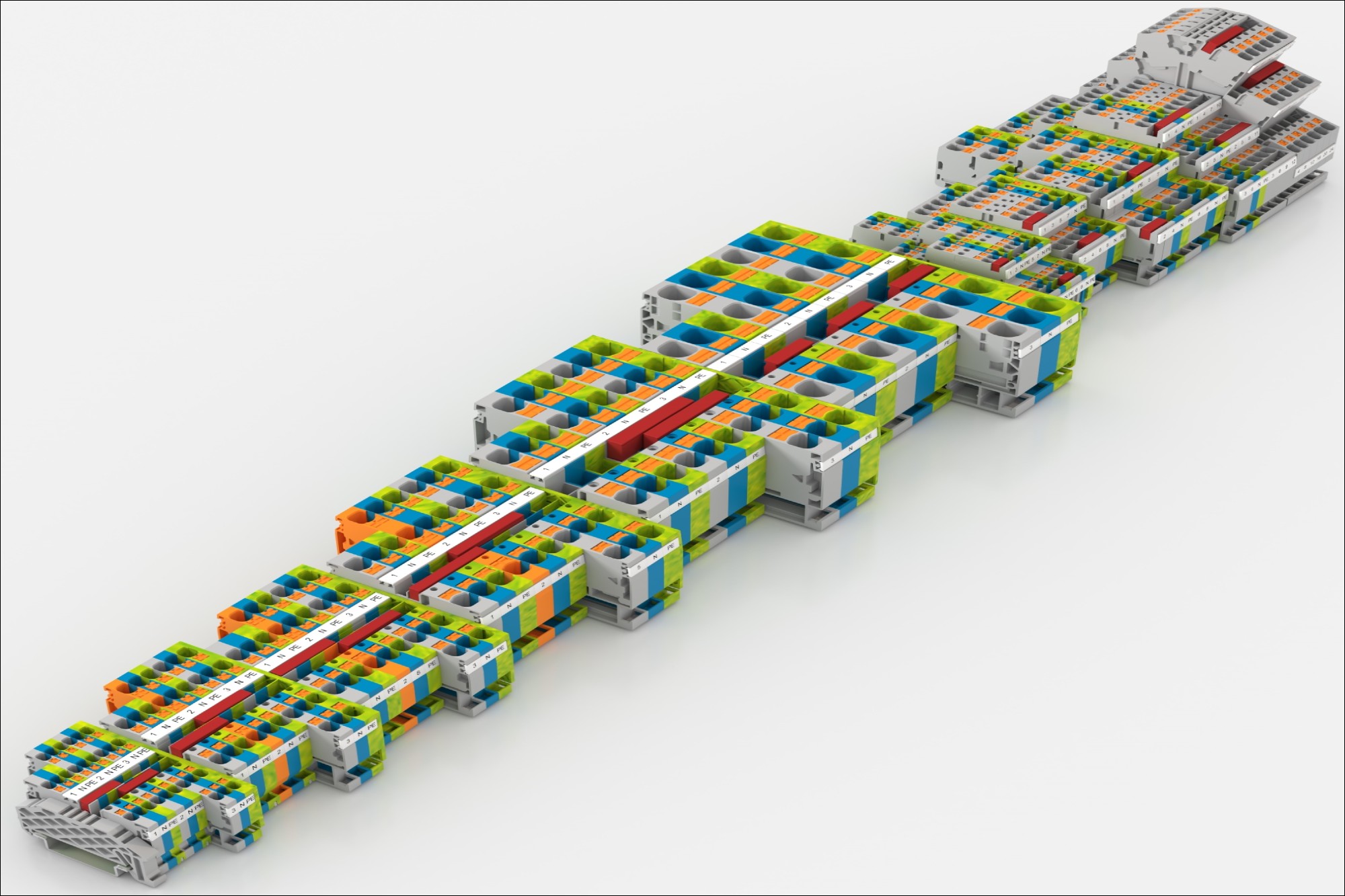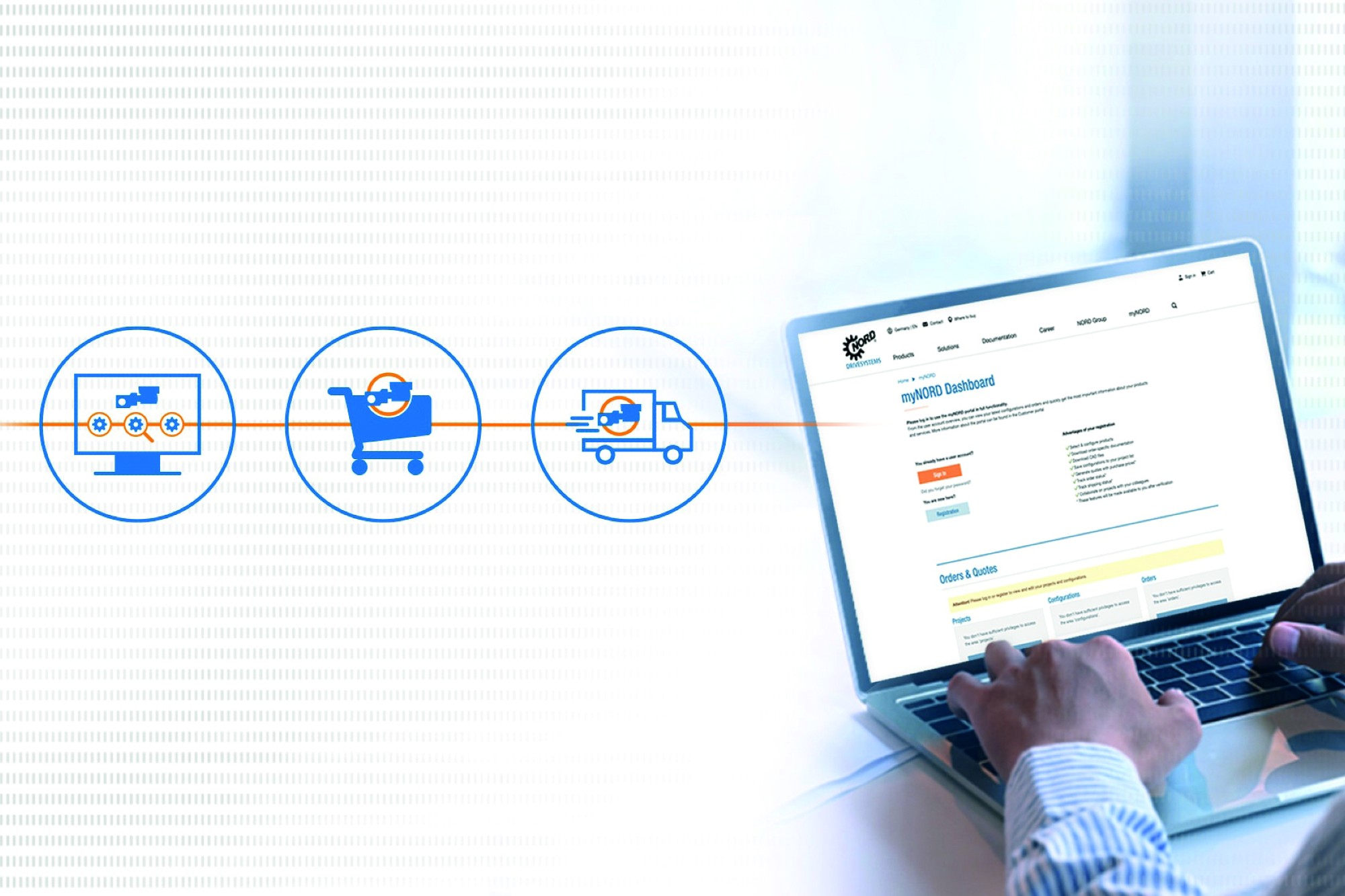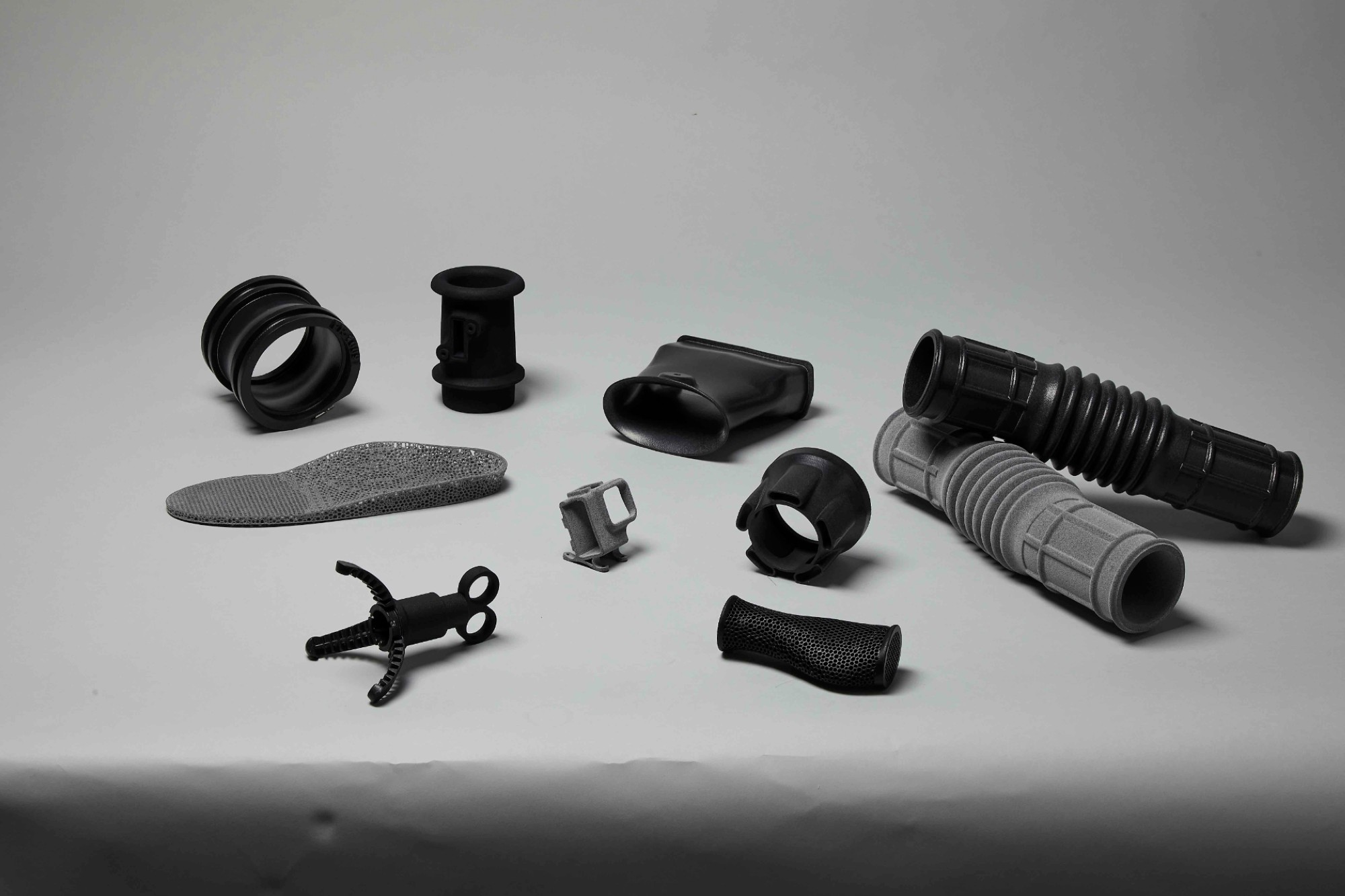Manufacturing in the Cloud
By OEM Update Editorial July 14, 2018 11:00 am IST
Investing in cloud computing has become a necessity for manufacturers to survive and stay relevant in the market. Here’s an in-depth analysis on how cloud computing is revolutionising manufacturing.
Cloud is an integral constituent of a smart manufacturing or digital or Industry 4.0 based set-up. It is the network platform for the Industrial Internet of things (IIoT) which basically includes embedding of sensors into the assembly lines of a smart factory. Cloud is like a huge repository providing a pool and analysis of data which can be utilised by the manufacturers wisely over all the key stages of a manufacturing ecosystem i.e. supply chain, design and prototyping, production and distribution.
Cloud shortens the conventional process
In order to source thousands of bespoke components from diverse locations on time and keep a track of all of them to ensure stringent traceability, a manufacturer requires huge scalability which is difficult to build up without a cloud network. Similarly, it can play a radical role in adding amazing levels of flexibility, shortening the conventional process of product design and prototyping yielding cost-saving, enhancing the speed of reaching to the market and building up capabilities to deliver the ’on spec’ products.
Sameer Gandhi, MD, Omron Automation India informs, “When it comes to the core production process, cloud-based reports play a crucial role in bringing in predictive maintenance and managing the unpredictability of shut down by alerting the line operators quite well in advance. The varied equipment based sensors have the capabilities to indicate the need of maintenance for a machine; when is it operating at sub-performance or when is it going to fail. These are just few examples of what a manufacturer can realise from a cloud-based digital manufacturing set up. The horizon is pretty wide and the coming years will surely see a surge in its adoption.”
Cloud computing: Digital industrial transformation
Ninad Deshpande, Head- Marketing, B&R Industrial Automation, believes “Factories wish to have a connected shop floor and connectivity to IT level such as ERP or MES or even to the cloud. A key enabler of such digital industrial transformation is cloud computing. This relies on the IIoT and makes edge computing an indispensable part of the overall concept. Cloud platforms are considered as a medium of long-term storage, big data and analytics. Cloud computing also brings in adoption challenges from the point of view of cyber-security, data integrity and trust. Today, it is seen factories wanting complete control of their data and wish to protect it from hackers and external threats. Edge computing provides the apt solutions for factories and manufacturing units across the globe, which provides the first step to moving to cloud computing in the future.”
In addition, edge computing in the factory premises incorporating controls, energy monitoring, predictive maintenance, data aggregation, data historian, internet connectivity, security, remote access, user authentication, machine learning, business intelligence, IT level connectivity such as MES or ERP and much more. Such locally installed edge architectures provide necessary levels of availability, bandwidth and response times that cannot be achieved in the cloud without enormous costs. This becomes an economically viable solution for all factories and manufacturing units and the best part is that it is not limited to huge installation and setups. Such edge computing solutions are evident even is small setups and SMEs in India too can benefit from such architectures.
IIoT requires communication between the company level (enterprise) and the production level (MES/MCS/ERP). While IT is normally responsible for business data, customer data and intellectual property, OT is responsible for the entire manufacturing process, which is facilitated by edge computing.
B&R provides various edge architectures such as edge connect, edge embedded and edge controller providing all the above mentioned wide range of functions and features, which can be selected based on the requirements of the factory and manufacturing units. The scalable systems from B&R help factories to upgrade the systems at minimum costs.
Reducing operational costs
The advent of technology and the rapidly changing business environment has been constantly posing threats to manufacturers who aim at establishing themselves in the market. Survival in such conditions is becoming a herculean task for some of them as competition is not the only challenge. The unpredictable consumer purchase behaviours, a turbulent world economy, and evolving consumer technology are contributors to the increasing list of challenges.
Meenu Singhal, VP, Industry Business, Schneider Electric India informs, “Cloud hosted solutions have the potential to address the primary concerns of most of the manufacturers including security concerns, regular patchwork and high costs of maintaining an efficient IT infrastructure. It has majorly helped in minimising operational costs by using it for reporting, training, application hosting and has also provided a secure platform for manufacturers to share information for external access.”
He further explains, “As far as Schneider Electric is concerned, we can be credited for bringing in the Process Expert System (PES) along with the high-end Modicon M580 Ethernet Programmable Automation Controller (ePAC), expanding its range of the EcoStruxure product. When combined with the EcoStruxture IoT solutions, the new devices help in driving measurable operational profitability by turning industrial automation into a profit engine across industries such as infrastructure, building, oil and gas.”
EcoStruxure is an IoT enabled, plug-and-play, open and interoperable system architecture used to optimise the entire performance of industrial equipment. Also, cyber security has been the most talked about issue in recent time. To combat these issues, Schneider Electric has innovation infused at every level and with safety layer built in as cyber security layers within processors also. Schneider Electric has also increased focus on machine and process safety with its products and solutions.
Better understanding of machines plays a vital role
Varun Arora, National Sales Manager, Exor India says, “The IIoT is part of a larger concept known as the Internet of Things (IoT). The IoT is a network of intelligent computers, devices, and objects that collect and share huge amounts of data. The collected data is sent to a central cloud-based service where it is aggregated with other data and then shared with end users in a helpful way. Smart manufacturing using IIoT is about harnessing the power of data and using analytics to run one’s facility better. IoT technology can communicate what needs to be done at the exact moment of relevance.”
According to Arora, “Using IIoT sensors that are strategically placed on the machines, empower companies with more information on equipment health than was previously possible. A large amount of data is collected, but equally important are the insights made available by that data. Now, managers can truly understand when equipment needs maintenance and replacement before urgent situations arise.” Greater energy efficiency, predictive maintenance, higher product quality, reduced downtime, safety and supply chain are the five important benefits of IoT for the manufacturing industry to consider.
Operating in new and cost-effective ways
With a large impact over the industries of healthcare, here is another industry that cloud computing is highly influencing lately viz. manufacturing. Rockwell Automation observes, “Manufacturers are under constant pressure to increase accuracy, make process speed a competitive force, and capitalise on their internal intelligence and knowledge to make every supplier, distributor and service interaction count. The cloud has enabled manufacturers to connect, scale and operate in new and cost-effective ways, and provide them with a variety of channels to engage with customers, suppliers and partners. On the back of this, advanced analytics supported by cloud-based technology are becoming more prevalent, giving manufacturing firms the opportunity to utilise the data they hold and turn it into valuable business insights.”
Here are some areas in which cloud computing technologies can be easily integrated in manufacturing:
• Improve quality management
• Managing indirect and direct channel sales from a single cloud platform tracking sales results against quota at the individual, group and divisional level is now commonplace across all manufacturers visited
• Using cloud-based marketing automation applications to plan, execute, and most important, track results of every campaign
According to Mukesh Thakur, Asst. Manager, S & M, Finder India Pvt Ltd, “Computing power located out at the edge of the automation network would be of little use without flexible connectivity and storage system for Big Data analysis. With the cloud computing, the industrial sector, in general, have experienced great strides regarding the openness in this area. Industrial protocols are used to connect devices at the edge, typically local to the controller. The final link in this open source chain requires transporting data from the edge to a remote location, usually a control room. But now a cloud-based database server can provide a popular open transport protocol for this purpose. On a cloud, not only essential data is transmitted, but also it is adaptable for working over other networks and then can be transmitted out to any other computing mechanism that make the entire computing concept tailored to the needs of a specific industry and its interconnect devices.”
He adds, “As end users demand more options, the economies of cloud computing make it possible for many developers to design data analysis solutions meeting their needs. End users gain numerous options for integrating countless automation devices at the edge. And a flexible development environment of the cloud lets users create and re-use code far more readily, enabling more tools to potentially drive operational success.”
New data and cloud computing capabilities, along with the introduction on the factory floor of innovations such as Artificial Intelligence, automation and robotics, additive technology, and human-machine interaction are set to change the nature of manufacturing itself. This includes everything from R&D, supply chain and production, all the way to marketing, sales, and aftermarket services. Digital connectivity via cloud minimises the need among industrial assets, different departments within organisations as well as between a company and its customers; the potential to unlock great value for all actors involved as the Big Data can be truly harnessed. Currently, maximum of its data is analysed by cloud computing and presented before the decision makers in real time; thereby, having a chance to use it without losing needful information among the data noise. This is nothing new for those familiar with IIoT: the IoT remains a continuously advancing horizon.
Thakur says, “Cloud computing process seems to go beyond a company’s internal operations to incorporate the experience that is being delivered to their customers. When implemented correctly, it will allow manufacturers to move past traditional reactive service efforts, and launch proactive aftermarket engagement programs that can help them create customers for life.”
Accessing process-relevant data across the globe
Just like modular system engineering, the processing industry can also profit from data acquisition and cloud connectivity. Efficiency analytics, such as the evaluation of relevant measured values such as output, pressure, temperature, vibrations and throughput can be used to recognise the maintenance requirements early on. This enables the targeted replacement or maintenance of individual modules, without negatively impacting system availability. To accomplish this, the collected machine data is read and evaluated in higher level systems. The system can then be monitored by local analysis tools or via the cloud.
Rajeev Ranjan, Assistant General Manager, Process Business, WAGO Pvt Ltd explains, “Despite a degree of scepticism towards complete data transparency, awareness of the advantages cloud applications offer is growing as these are independent of individual servers; hence, costs for massive memory volumes and their maintenance is eliminated. The same is true for the costs of establishing server farms because the principle behind the cloud is that each pays only for what is used. The delivery and use of cloud services are performed exclusively via interfaces, protocols, or browsers via the Internet; there is no need for software installation on local computers. In principle, it is possible to access process-relevant data from anywhere in the world.”
Real-time process optimisation is now a reality through location-independent access to data because all relevant data can be accessed regardless of location; processes can be improved in real time and adjustment measures can be easily monitored. In decentralised data storage, for example, data from different machines, entire production lines, or even building and energy data in individual production facilities are gathered and evaluated in a central cloud service. Ranjan informs, “In the cloud, all processes are controlled and coordinated; access to current and historical data is carried out independent of location. This allows a company’s various facilities to compare key data among themselves and introduce necessary optimisation measures. The operating states and maintenance needs of machines and systems can be automatically determined through continual monitoring.”
He adds, “Industrial digitisation has many facets and presents even more opportunities through cross-communication via cloud or smart automation. In order to use them, every company has to do its homework. In fact, the challenges are just as varied and diverse as the companies themselves. While there is no such thing as an all-in-one solution, smart products, methods, and right technology partners can help organisations to advance digitisation in their business in a way that benefits all involved.”
When it comes to the core production process, cloud-based reports play a crucial role in bringing in predictive maintenance.
Sameer Gandhi, MD, Omron Automation India
Cloud hosted solutions have the potential to address the primary concerns of most of the manufacturers.
Meenu Singhal, VP Industry Business, Schneider Electric India
Factories wish to have a connected shop floor and connectivity to IT level such as ERP or MES or even to the cloud. A key enabler of such digital industrial transformation is cloud computing.
Ninad Deshpande, Head- Marketing, B&R Industrial Automation
As end users demand more options, the economies of cloud computing make it possible for many developers to design data analysis solutions meeting their needs.
Mukesh Thakur, Asst. Manager – S & M, Finder India Pvt Ltd
In the cloud, all processes are controlled and coordinated; access to current and historical data is carried out independent of location.
Rajeev Ranjan, Assistant General Manager – Process Business, WAGO Pvt Ltd
The collected data is sent to a central Cloud-based service where it is aggregated with other data and then shared with end users in a helpful way.
Varun Arora, National Sales Manager, Exor India
Cookie Consent
We use cookies to personalize your experience. By continuing to visit this website you agree to our Terms & Conditions, Privacy Policy and Cookie Policy.



